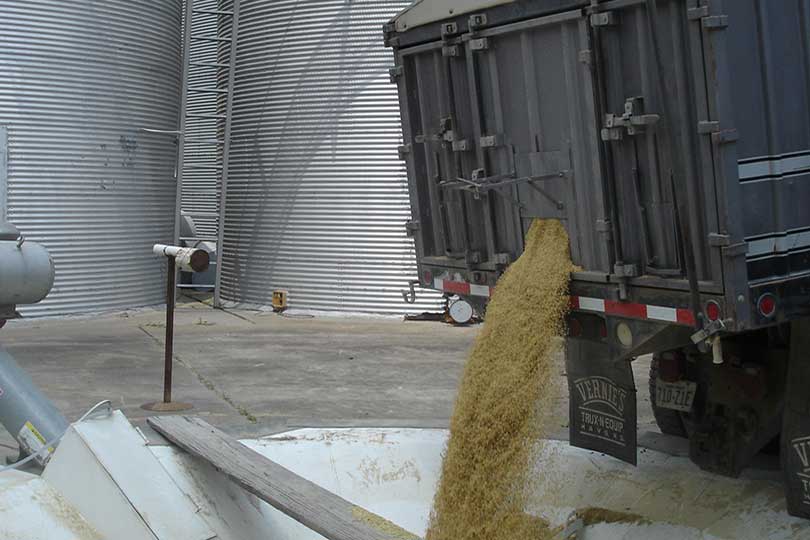The U.S. Trade Representative (USTR) took further action towards ending illegal Chinese grain price supports and trade policies for rice, wheat and corn, according to Delta Farm Press.
U.S. officials say China is not upholding its import obligations under the World Trade Organization (WTO) for those three commodities.
The USTR challenged the way China administers tariff rate quotas for grain imports. TRQ’s set the levels of imports a country has agreed to accept under a specific import tariff. Last year, China only filled 65 percent of its 7.2 million metric ton tariff-rate quota for corn and only 30 percent of wheat.
“China’s TRQ policies breach their WTO commitments and limit opportunities for U.S. farmers to export competitively priced, high-quality grains to customers in China,” United States Trade Representative Michael Froman said. “The United States will aggressively pursue this challenge on behalf of American rice, wheat and corn farmers.”
China’s TRQs for those three commodities were worth more than $7 billion in 2015, according to USDA’s Economic Research Service estimates. If China had fully used those TRQs they would have imported as much as $3.5 billion worth of additional crops last year.
“Real access under tariff-rate quotas is vital to global trade and to providing our farmers and ranchers the opportunity to export high quality, American-grown products to the world,” said Agriculture Secretary Tom Vilsack. “Although China has become a significant market for our grain exports, we could be doing much better than we are today.”
Vilsack said more commodities would be exported if China abided by trade rules.
“When China joined the WTO, it committed to implementing an agriculture regime that would facilitate market access consistent with international obligations. However, China has frustrated exporters through generous price support and unjustified market restrictions,” Vilsack said.
The case also comes as the U.S. has requested the WTO to create a dispute settlement panel over the U.S. contention that China has paid nearly $100 billion in domestic support for Chinese producers of corn, wheat and rice.
Some analysts believe China now has corn reserves 10 times the size of what it needs because of its price supports.
“Taking action against grain price supports was one piece of the puzzle, and now we must confront China’s improper administration of its TRQs to ensure that our grains have the meaningful market access that China bound itself to as a member of the WTO,” said Vilsack.
The U.S. has been banned from shipping rice to China over a trade dispute involving phyto and phyto-sanitary protocols. But China is not meeting its TRQ obligations for both long-grain and short- to medium-grain rice, according to the USTR.
“While the United States cannot yet ship under China’s large rice TRQ, this case will be precedent-setting,” USA Rice CEO and President Betsy Ward said. “We support efforts to have China administer these TRQs in a transparent manner that allows trade to occur, looking ahead to the day when the U.S.-China rice phytosanitary protocol is finally signed, and we are shipping rice to this important market.”
House Agriculture Committee Chairman Mike Conaway (R-Tex.) issued a statement applauding the U.S. government’s action and condemning what he calls China’s “predatory trade practices.”
“Trade agreements are only valuable to the extent they are honored by all the nations that enter them or they are otherwise enforced,” Conaway said. “The U.S. government must restore trust in trade if America is ever to move forward with an aggressive agenda on trade.”

